
After introducing gamers to one of the most talked-about games in a console generation — BioShock — Ken Levine became something of a big deal in the game industry. By infusing his games with socio-political overtones, sympathetic characters, and ambitious art direction, the Irrational Games president and creative director earned a reputation for creating smart games for smart people, influencing a generation of video game developers in the process. And now, the Boston-based developer is deep into development on BioShock Infinite, a game that has already earned widespread attention for its focus on weighty themes such as xenophobia, American Exceptionalism, and civil unrest.
I know Ken pretty well, as far as these things go, but I’ve always wanted to learn more about his background: where he came from, what it was like for him growing up, and how he came to be an unabashed lover of geek culture (which manifested itself in a spirited defense of geeks in the pages of Game Informer magazine). I recently caught up with the man to delve further into these topics and, hopefully, catch a glimpse of what makes him tick.
PlayStation.Blog: Where did you grow up? Did you feel ostracized for being a self-described geek?
Ken Levine: I was born in Flushing, New York, of all places. I grew up in a small town in northern New Jersey. We used to go to New York a lot… but yeah, I was a Jersey boy.I think it’s hard for younger people to understand today what the world was like before the internet. It was a desert for nerds — there was very little out there. There were comic books, maybe one science-fiction movie a year. When Star Wars came around, it was a revelation. It was the first time there was such a fully realized sci-fi universe that you could see. I saw it opening weekend and it was like touching a third rail. But back in those days, if a comic book got canceled, there was no way to find out because there was no internet. You’d keep going back to the comics stand and it just wouldn’t be there. You only discovered new stuff by going to the store to see if they had anything new.
We had to hide what we liked because we were nerds. We’d get made fun of…being a nerd just wasn’t part of popular culture at all. But that didn’t stop me from being obsessed with it. I used to play Dungeons & Dragons by myself, in my bedroom, because I had nobody to play with. I’d just roll up characters all day long! [laughs]
PSB: I’ll interject for a critical question: Deep down, are you a Star Trek guy or a Star Wars guy?
KL: I’m both. I loved Star Wars for how visceral it was, and for how it created its world visually. I really care about visual consistency. I think it’s easy to forget now how visually consistent that world was in Star Wars, like that oil vat that C3PO descends into. They didn’t have to say, “This is how C3PO cleans himself!” They just showed it with those little details.Star Trek didn’t have the budget for that, they didn’t have the people for it. It was a little more ramshackle. But I love the metaphorical aspect of Star Trek, that they were telling stories about today, about politics, about culture through the lens of this world. I love different things about both franchises.
PSB: Were your parents horrified by your sprouting geekdom, or did they support it?
KL: I was really lucky — my parents supported it. I don’t know if anyone remembers, but when Dungeons & Dragons first came out, a lot of people thought playing it led to demonic cults. My parents said, “This is an amazing way for Ken to express himself creatively.” They completely supported it and the comic books. The highlight of my childhood was the day my parents got me an Atari 2600. My dad was in the jewelry business, and he made some deal to get a 2600, and I got it for Hanukkah one day and I didn’t even know it was coming.But being a nerd was something I did at home. I brought comics into school one day and the other kids made fun of me, so I couldn’t bring them in any more. It was tough because there was no nerd culture. There were nerds individually, but there was no way to connect those nerds.
PSB: Growing up, where you a sci-fi or fantasy reader? What were your favorite books?
KL: I was never a huge reader of science fiction and fantasy. If I was going to read science fiction, it would usually be dystopian fiction like Orwell [Nineteen Eighty-Four] or Brave New World. For a while I was obsessed with the novel Logan’s Run, but overall I was never a huge sci-fi or fantasy book reader. I was into them on the gaming side, though, with D&D and the like.PSB: Was there a book you read that made you say, “I can do this. I can write fiction?”
KL: No. Actually, I wrote a play. I would get around creative stuff back then by working as a sound designer, like a sound tech, and I was working at a theater at a summer camp. The theater was planning this showcase, and they said, “We can put on a play if someone wants to write it.” So I said, “Okay, I’ll write a play.” And I did, and it was an amazing feeling to actually write something. And people liked it, so I realized that writing was something I could maybe do. So I started writing and writing… But nothing lead me to writing. I didn’t know how to write a play, but I wrote this little play on an afternoon off.PSB: What was the play about?
KL: I think it was called “Graduation Rehearsal.” It was about two kids in a high school graduation rehearsal, a guy and a girl, who were having this conversation. You find out that the boy had killed his brother in a hunting accident — that was the twist! And it was about how he was really damaged by that. I don’t know where the story came from, I just tuned into it. People liked it, and I enjoyed writing it, creating this tiny little world that’s just this boy and this girl.PSB: What are your favorite movie monsters? Growing up or otherwise.
KL: It was a remake, but I think I’d say John Carpenter’s The Thing. It had a cool monster and some great moments, but what was terrifying about it was that it could be inside anybody — that element of paranoia. Once the monster shows up, and the rubber mask is on, it can only be so good. It’s what leads up to that. Remember that scene where Kurt Russell is testing the blood of the scientists? It was just that actor’s performance that sold that monster, the way he reacted when the monster’s blood was burned and how he was connected to that blood.
PSB: You’re a self-described history buff. What time period do you find yourself most drawn to?
KL: When I was younger, it was mostly about wars: the Civil War, World War I, World War II. But since then, I’ve been getting way more into social movements. BioShock was part of that; thinking about the social currents after World War II that led to the changes of the Sixties. And since I’ve been working on BioShock Infinite, I’ve been looking at the turn of the century, the period between 1900 and World War I. What America was going through, how technology changed the world…Right now, I’m reading a book called The Ghost Map, which is about the cholera epidemic in London in the 1850s. But what it’s really about is how someone figured out that cholera came from drinking water and how he evolved the scientific method, which didn’t really exist at the time. Nobody knew; people thought cholera came from the air you breathed, from moral turpitude, all these things. This guy figured out that everybody who got cholera had been drinking water from the same contaminated well. He figured it out with basic scientific research…the fundamentals of which didn’t exist at the time. It’s so interesting to see how things you take for granted now, like the scientific method, and how science basically evolved from amateurs.
PSB: Do you see any historical parallels to where the world is now?
KL: It’s always a parallel, right? Nothing that happens is entirely new. When we were working on BioShock, we were talking about notions of government — the role of government, how big it should be, how small it should be. And this was before the Tea Party came onto the scene with this push for small government. It wasn’t that we foresaw that; we had seen it in the past with the John Birch Society and Ayn Rand. All these themes repeat themselves.I think that the reason BioShock resonates is not because we’re trying to tune to the latest and greatest things that are happening in society. We looked at things that have happened over and over and over again — because that means they’re meaningful and people relate to them. Good or bad, these concepts are important to people.
PSB: You say that history repeats itself, but does that apply to the impact of the Internet? Has there ever been a technology that has revolutionized society as much as the open, chaotic democratization of information?
KL: Technology is always transformative. When gunpowder came along and the gun became cheap, it caused empires to fall. You could put huge amounts of firepower in the hands of some farmer. Before that, if you wanted to be powerful, you needed a big suit of armor and a sword and a horse. That’s why knights were these elite weapons, they could afford it. When gunpowder came along, it democratized power. And it therefore helped enable these revolutions that came along at the same time. Technology democratizes power, and the more you democratize power, the harder it is to hold onto power.
BioShock Infinite explores themes of xenophobia, jingoism, and civil unrest, topics that are driven by Ken Levine’s passion for history and sociocultural movements.
PSB: What are the repercussions, do you think?
KL: If you want to learn about politics and society, read George Orwell’s Animal Farm. The animals take control of the farm and become just like the humans. It’s cynical and it’s sad, but there is progress too. But sometimes there are people who aren’t like that, who break the cycle. Sometimes people think that BioShock Infinite is taking a swipe at America…but if you look at the founders of America, they didn’t do that. They told George Washington that he should be king, president for life…and he said no. If guys like that hadn’t set the example, it’s not clear where this country would be today.Occasionally you have these extraordinary individuals who foment real change, but they’re very rare. Historically speaking, it tends to be “meet the new boss… same as the old boss.”
PSB: American Exceptionalism, nationalism, and xenophobia are themes that drive BioShock Infinite. Are these topics especially relevant now?
KL: When we started making a game, we don’t tear anything from the headlines. Just like with the first BioShock, I’m not surprised to see that the headlines came back to align more closely with the game. There are certain themes just repeat over and over and over throughout history: it was common in the 30s, in the 50s with the Red Scare. You see these things over and over again, especially during tough financial times. It’s not something that we planned on, it’s just that we’re touching themes that are very core to America and to every country.PSB: What are your favorite misunderstandings from that first BioShock Infinite reveal video? I’m sure you’ve heard a few.
KL: Some people have thought it was Andrew Ryan doing the conducting, and that was never our intention. Some people thought that the Handyman was a Big Daddy, and he’s not. Those are the big ones. I think it’s natural: we threw so much at people, I think we underestimated how much we were putting out there. People’s heads were sort of spinning at first, but once they caught their breath, they started to get it.



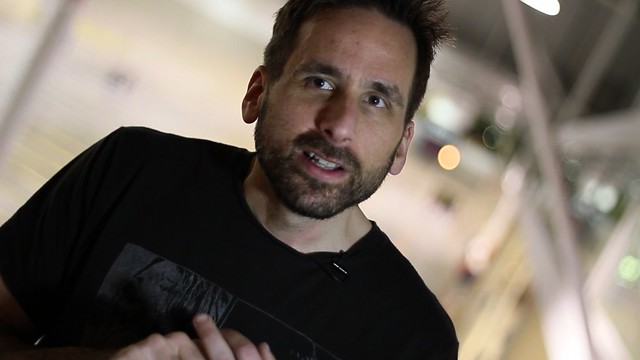
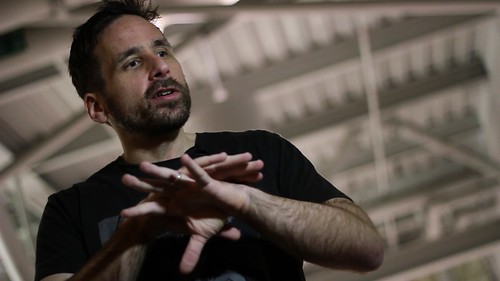
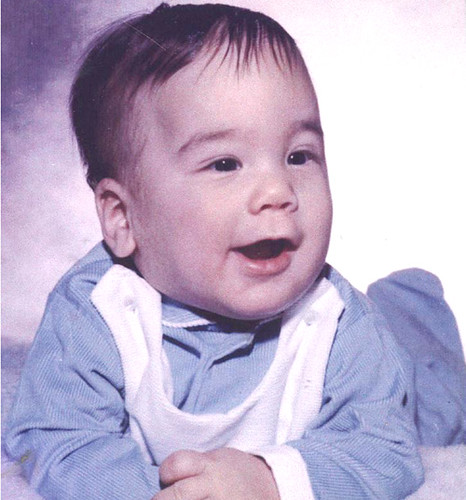
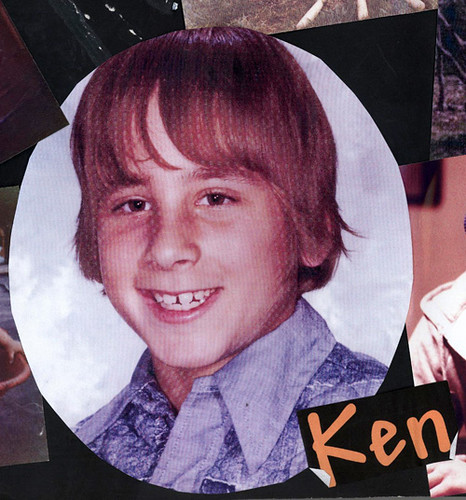

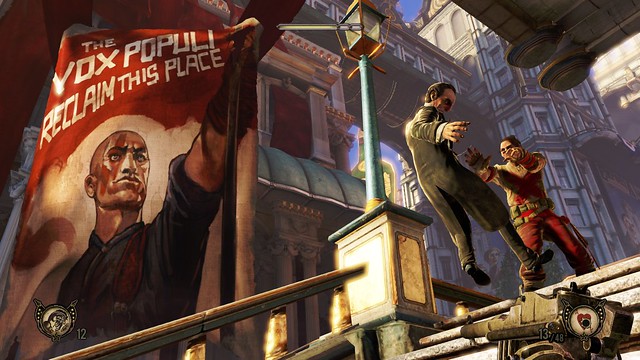

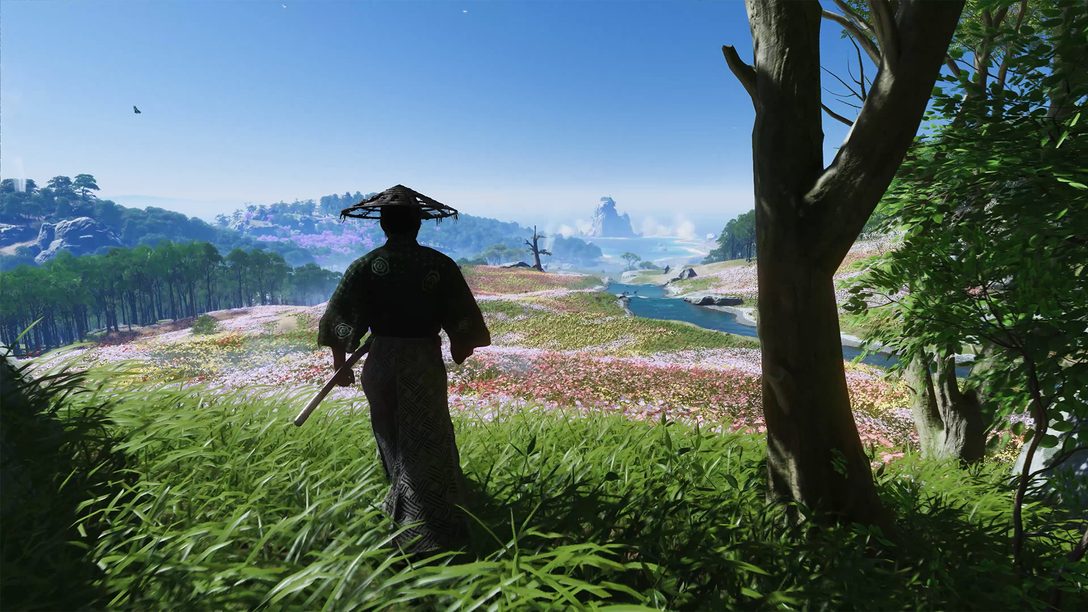
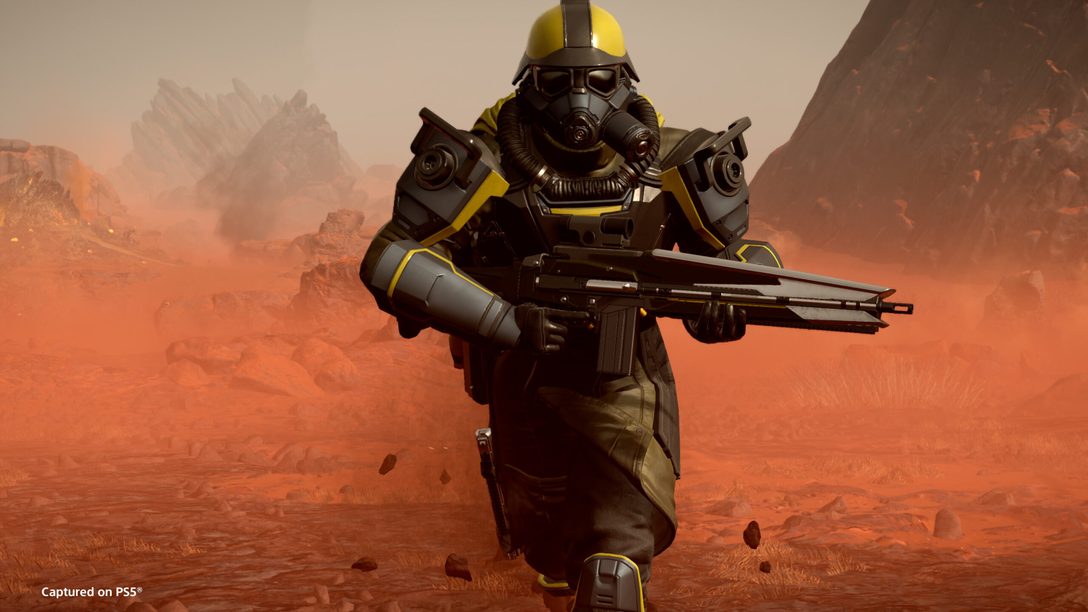
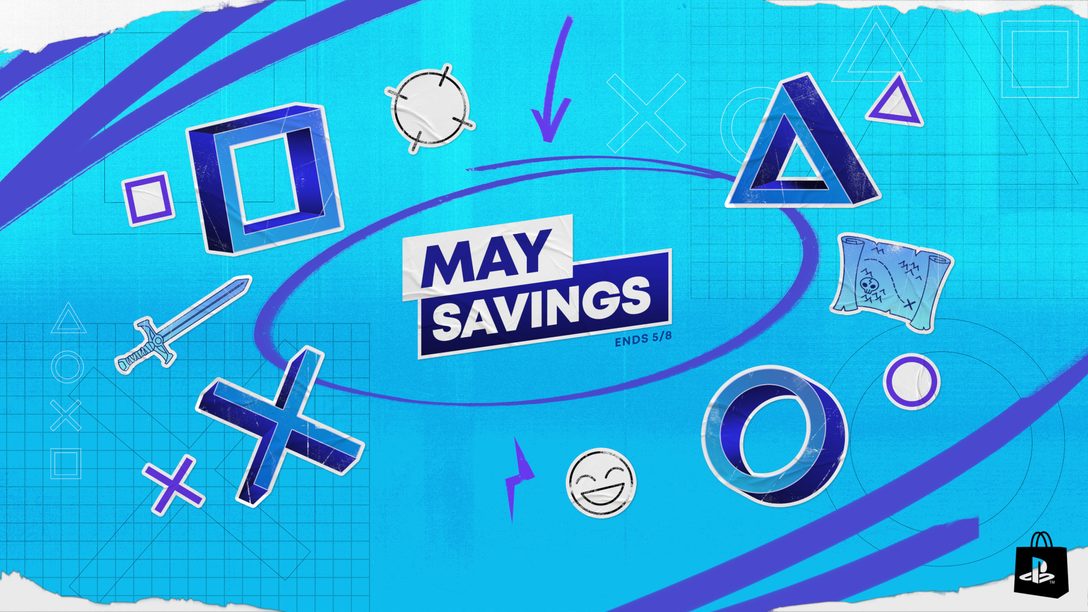
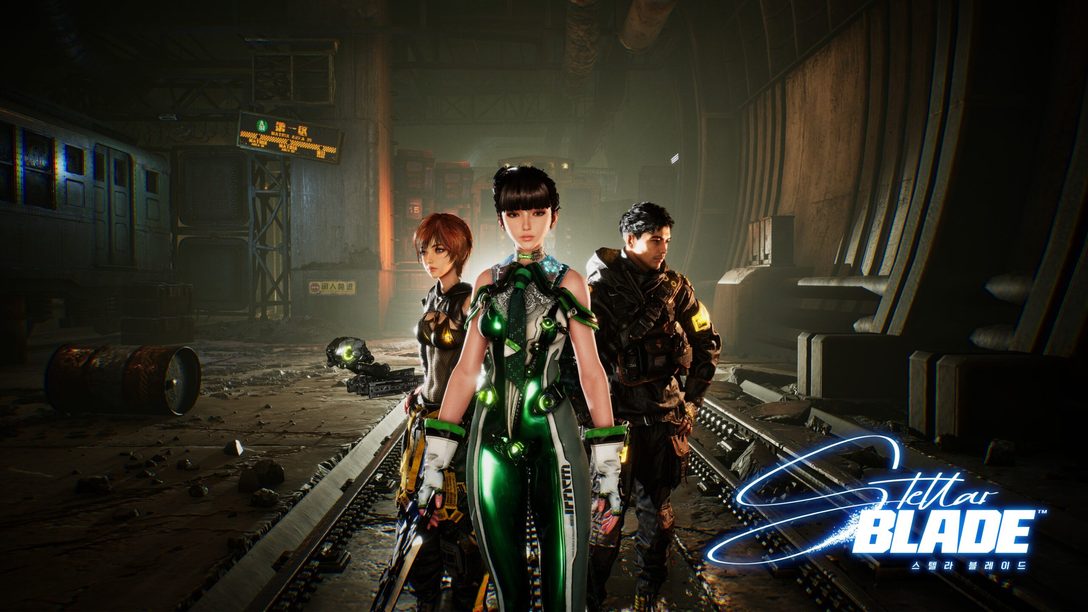
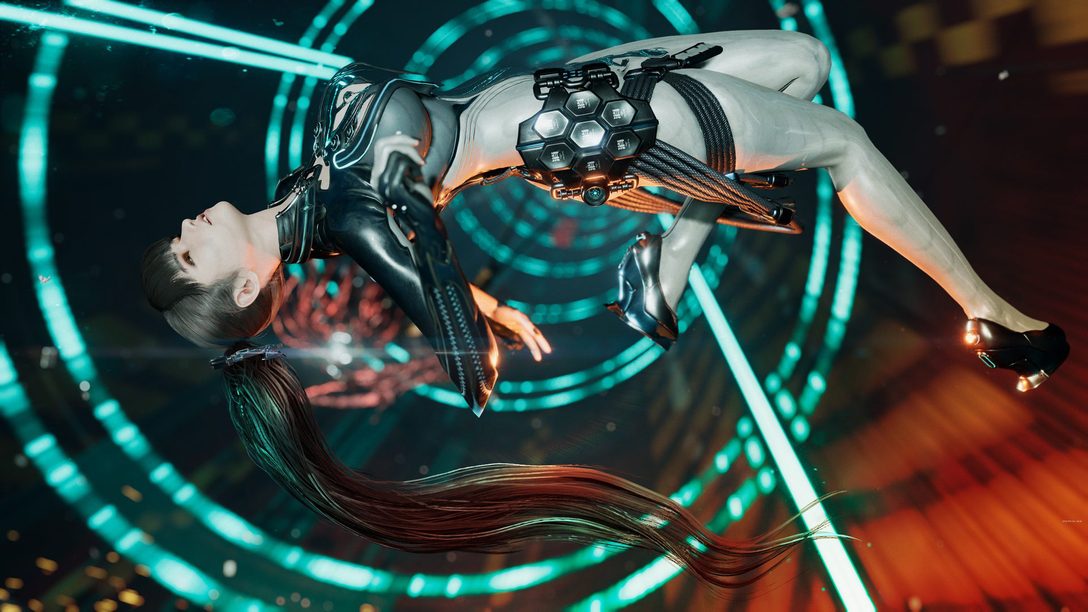
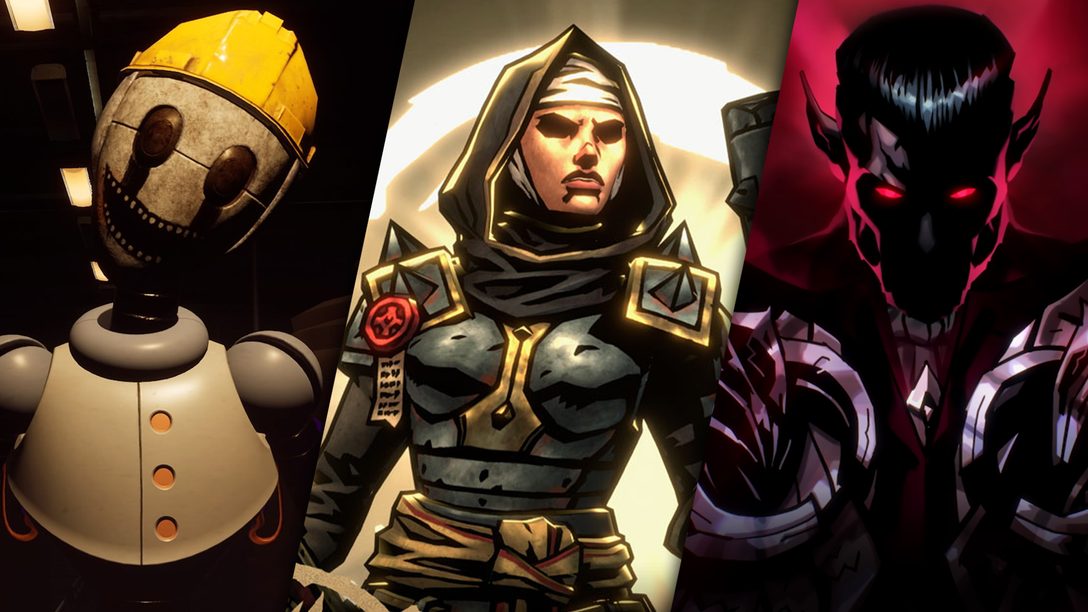

Comments are closed.
32 Comments
Loading More Comments